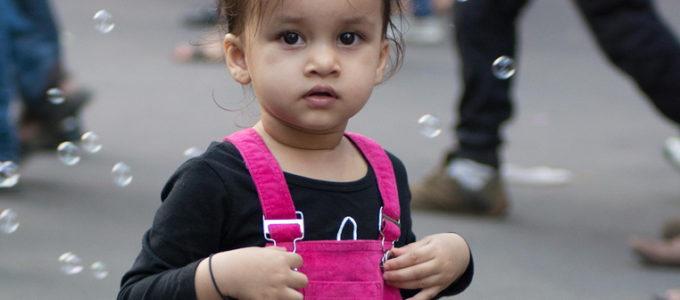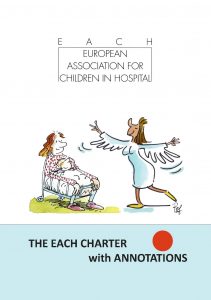
Whilst carrying out our work in local communities Children’s Health Scotland became aware that some refugee and asylum-seeking families were reluctant to use health services. Navigating the complexities of new systems, language, and its unspoken expectations were impacting their health. In contrast Syrian refugees received significant support as part of the UK Syrian Vulnerable Persons Resettlement Scheme (SVPRS).
To investigate this further, Children’s Health Scotland carried out research to put together a picture of local support and information services which could empower all families, children and young people to exercise their right to the best possible health when problems or barriers are encountered, and for us to be able to signpost help appropriately.
This research was published in August and key recommendations include:
- GP practices and NHS departments check accessibility of the telephone and online appointment systems and where necessary make reasonable adjustments to ensure all children and young people can access health services.
- Staff understanding how to use and access their NHS board’s interpretation and translation policy. For example, where possible and for medical treatments, to employ interpreters with specialist knowledge.
- Consideration of a National Vulnerable Persons Resettlement Scheme approach to provide face to face support to help access healthcare regardless of national origin.
- Children, young people and their families to receive all information in a way that it can be understood to ensure involvement in decisions about their health.
- Children’s rights and wellbeing impact assessments (CRWIA) and Equality impact analysis are completed to identify potential barriers to health rights in anticipation of the UNCRC being incorporated into Scottish domestic law.
- Children’s rights are meaningfully embedded into all health sector training, including GP staff roles.
CLICK HERE to view the research.
